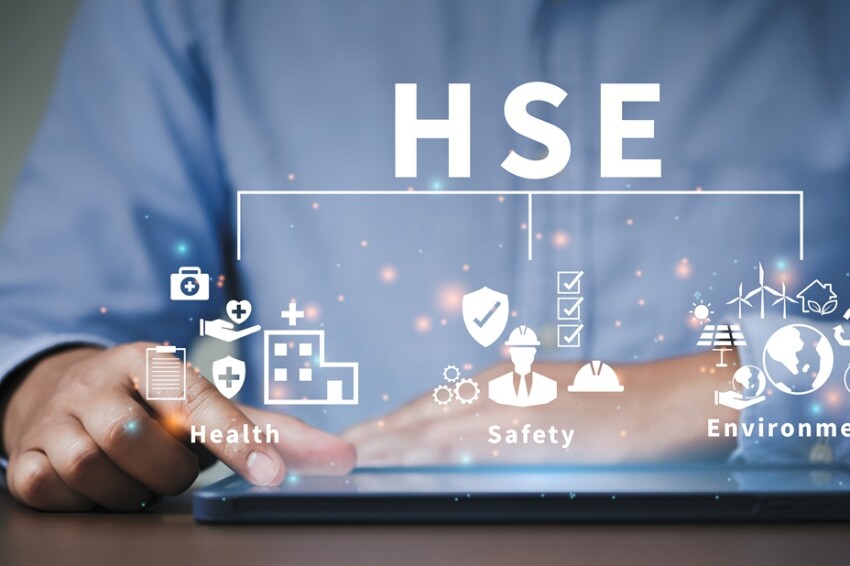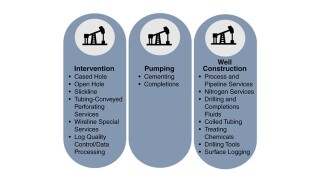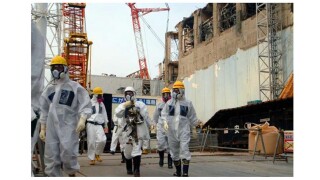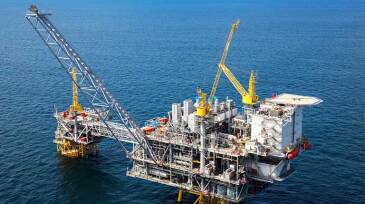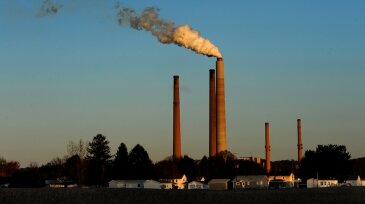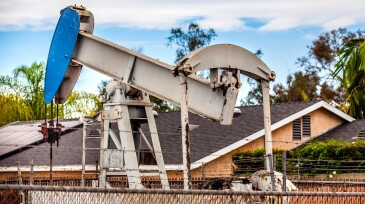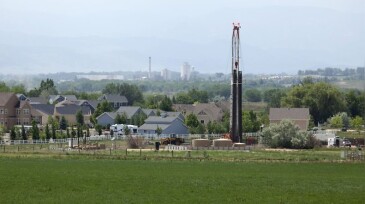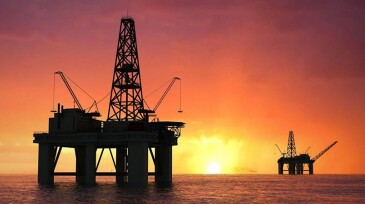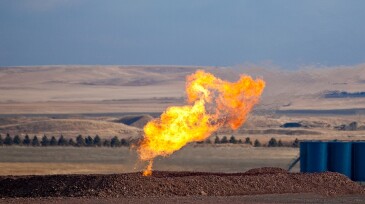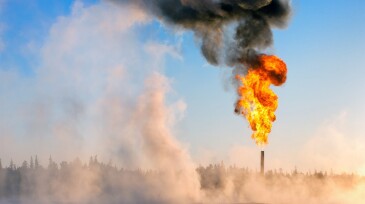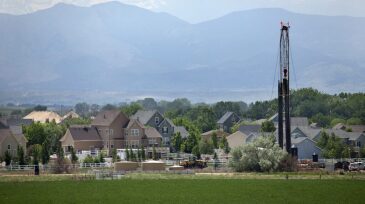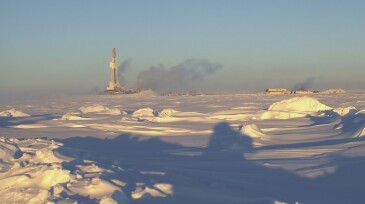Health
This paper examines how real-time monitoring can improve both incident prevention and emergency response in the oil and gas industry. Drawing from real-world examples and case studies, it provides practical strategies for implementing this technology effectively.
This paper describes a risk-based self-verification process conducted through a bespoke software application.
This paper discusses and demonstrates the limitations of quantitative risk assessment (QRA) with respect to the usefulness of the concept in managing day-to-day and emerging risks as well as the effect of change.
-
Offshore oil and gas workers who regularly practice mindfulness may experience less fatigue and emotional and psychological strain, according to a study led by researchers at the University of Houston.
-
Researchers also determined the cuts would provide more than $600 billion a year in health benefits in the United States.
-
A new study details how historically redlined neighborhoods across the US that scored lowest in racially discriminatory maps drawn by the government-sponsored Home-Owners Loan Corporation in the 1930s had twice the density of oil and gas wells than comparable neighborhoods that scored highest. The wells likely contribute to disproportionate pollution and related healt…
-
Efforts to mitigate the potentially harmful effects of hydraulic fracturing have traditionally been divided along two fronts—those that primarily focus on protecting the environment and wildlife and those that focus on protecting humans and domestic animals. But it doesn’t have to be that way.
-
A University of Houston research project aims to improve safety, health, and wellbeing of offshore oil and gas workers.
-
A study in North Dakota found that respiratory illness increased as far as 60 miles away from flaring of natural gas.
-
A recent study led by environmental engineers at Rice University quantifies the effect of black carbon particles on health.
-
Elderly people living near or downwind of unconventional oil and gas development are at higher risk of early death compared with elderly people who don’t live near such operations, according to a new study from the Harvard T.H. Chan School of Public Health.
-
Malaysian oil company Petronas has teamed up with the Malaysian Psychiatric Association to launch the MIND-A-CARE first aid for mental health training program.
-
For the first time, a variable model of psychological risks of oil and gas personnel was developed, including a differential assessment of environmental and personal resources, that focused on isolation, control, and reduction of psychological risks in professional activities.

